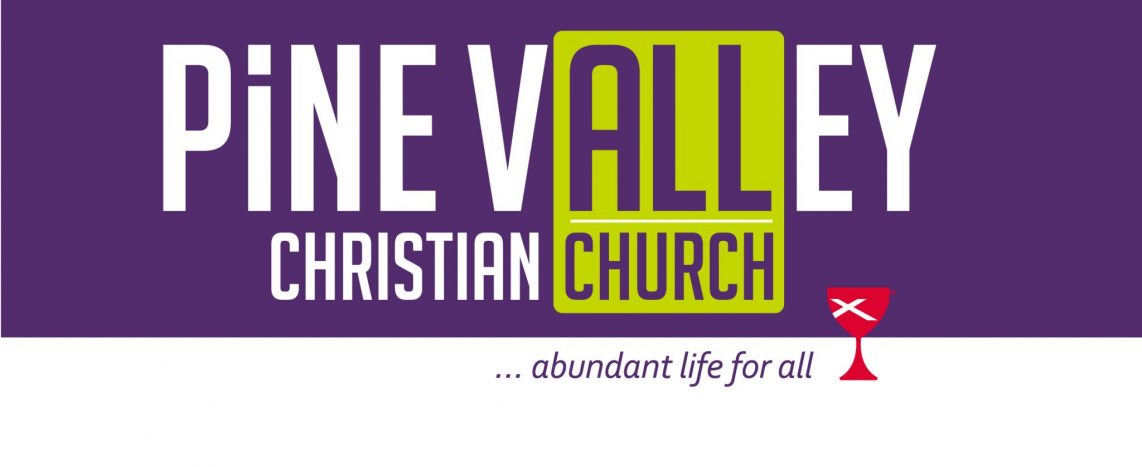July 7, 2013
Galatians 3:23-29
Pine Valley Christian Church
Rev. David Hansen
We had a great 4th of July celebration with family and friends and I hope you did too wherever you were. Maybe you were on a picnic or with friends watching fireworks. And maybe, just maybe, sometime during the weekend you read or heard or thought about the Declaration of Independence. After the preamble come the familiar words, “We hold these truths to be self-evident; that all people are created equal and endowed by their Creator with certain inalienable rights; that among these are life, liberty and the pursuit of happiness.”
The Declaration of Independence was signed in 1776. This was the 237th anniversary of the Declaration. The Magna Carta was signed in 1215. In a couple of years we will celebrate the 800th anniversary of the Magna Carta. It is a long road to freedom.
The modern tradition of individual freedom is rooted in the Enlightenment. Before the Enlightenment and the dawn of the Age of Reason, religion ruled in the Middle Ages. The pope made the emperor stand for three days outside in the snow before granting him an audience. In the fifteenth century two different popes signed documents authorizing the king of Portugal and the king of Spain to conquer the Americas. But the sixteenth and seventeenth centuries were revolutionary periods in Europe and when the dust settled religion was moved to the backroom. Religion was a matter of opinion. Science, market economics and democracy were on the rise. The Declaration of Independence is a product of this history.
The philosopher who stands at the beginning of the modern era is Rene Descartes. He is remembered best for his statement, “I think therefore I am.” That statement was a radical declaration of individual freedom and in a sense it launched the modern era.
There is a tension in the Declaration of Independence between equality, which is in the first part of the statement we just shared, “We hold these truths to be self-evident; that all people are created equal.” There is a tension between equality and the “inalienable rights of life, liberty and the pursuit of happiness.” When liberty is taken to excess, when liberty becomes license, it undermines equality.
Some of us believe that this is what is happening today. The exercise of individual liberty is undermining meaningful equality and we are becoming a society that is more and more unequal. Inequality is undermining democracy. One of the great struggles of our time is how to restore a meaningful level of equality and protect individual liberty.
Paul’s letter to the churches in Galatia, an area in modern day Turkey, wrestles with this same question. But Paul shows us how liberty and equality are mutually reinforcing. You can have more liberty and greater equality. We don’t have to sacrifice one for the sake of the other. Because Paul is wrestling with these great questions of equality and freedom this letter is sometimes called the Christian Magna Carta—the Christian declaration of freedom.
In this letter Paul says in chapter 5, “For freedom Christ has set you free. Stand firm then, and do not let yourselves be burdened again with the yoke of slavery.” And later in that same chapter he says, “Sisters and brothers, you are called to be free” (5:13). But what Paul means by freedom and what Descartes means by freedom is not the same.
Descartes said, “I think therefore I am.” Paul said, “We love therefore we are.” Use your freedom to love one another (5:14). Everywhere he went he took this message: in Jerusalem and in Athens, in Corinth and Ephesus, in Rome and to the congregations in Galatia. Everywhere he went Paul was about organizing communities of freedom.
When Paul traveled throughout the Mediterranean world he was working as a community organizer. His great project was to build inclusive communities of people who were united by one simple reality—they were willing to learn how to love one another. He was building communities of inclusiveness and diversity, and he was changing the world. He was showing the way to future in which people are not divided by race or class or gender or sexual orientation or anything else. Here in this house you are no longer Jew or Greek, slave or free, male or female; you are new creation in Christ Jesus. It is the presence of Christ that makes love possible. In Christ we learn about God’s love for us and we are set free to love one another.
Last week we had such a good time in worship. We sang and laughed and clapped our hands and you could feel the joy. It was palpable and real. Love was incarnate as we welcomed new members into our community to share our life together. We believe, as Paul believed, that as we share our life with one another we replicate God’s love.
This is what it means to be saved. We don’t use the word salvation much in the church, but maybe we should use it more. To be saved means to be healed. To be saved means to know that you are part of a community that cares about you. The deep meaning of Christian freedom, Christian liberty, is that we are free to love one another into life, into health, into joy because the Spirit of Christ dwells within us and is among us. So I want to invite you to stand if you are able. We are going to sing a song that I think you know and the song has motions.
Spirit of the Living God, fall afresh on me. Spirit of the living God, fall afresh on me. Melt me, mold me, fill me, use me. Spirit of the loving God, fall afresh on me.
